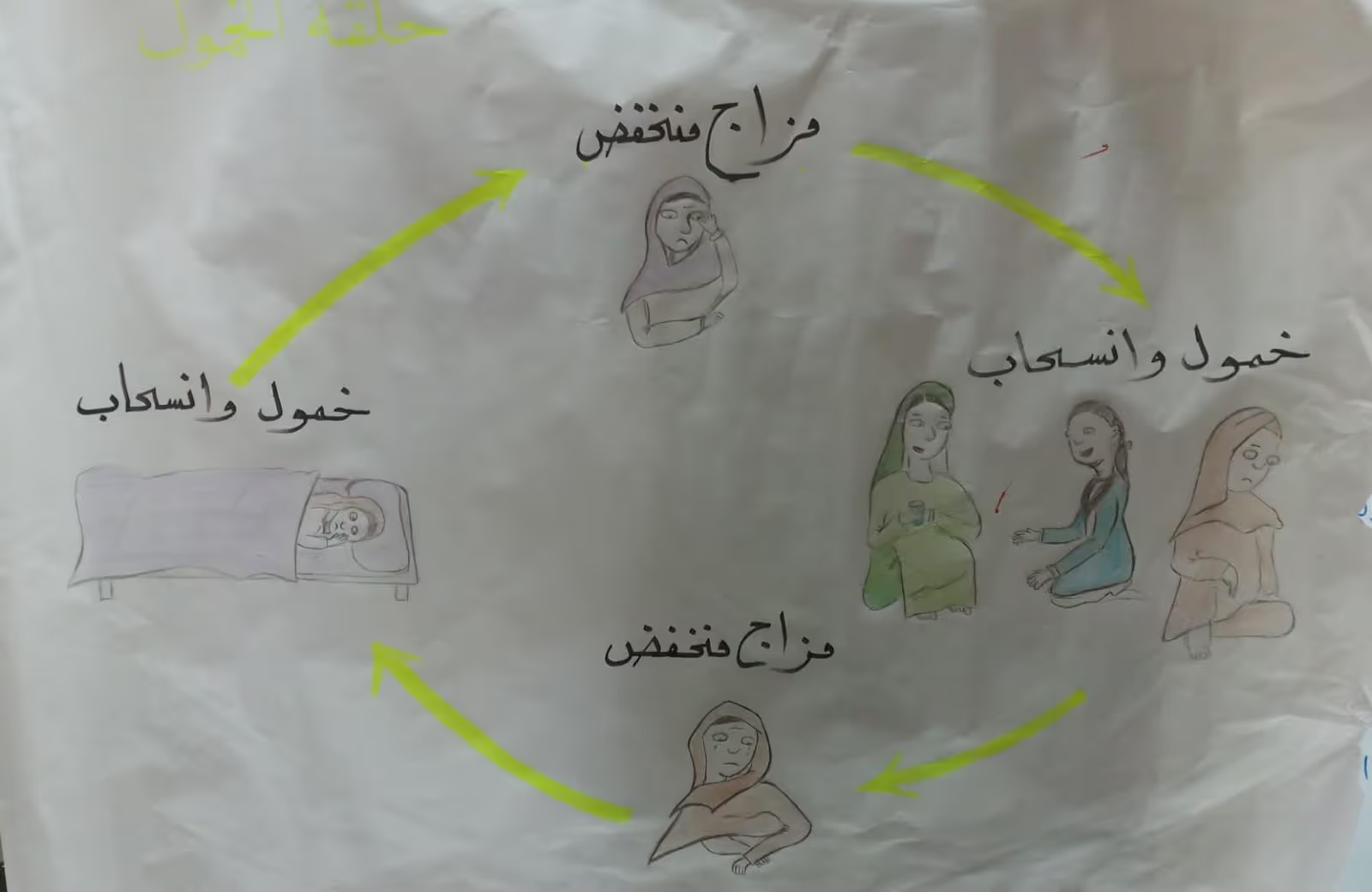Delivering Problem Management Plus Supervision in Hard to Reach Areas

Blog written by Ashley Nemiro, Project Consultant
In November 2018, Dr. Manuel De Lara, Public Health Officer for the World Health Organization (WHO) Turkey Country Office organised a Problem Management Plus (PM+) training of trainers. This was aimed at mental health practitioners to give them the skills to train others in PM+. The training was made possible by ECHO (European Civil Protection and Humanitarian Aid Operations) and WHO Europe in coordination with the WHO Regional Office for the Eastern Mediterranean.
The aim was to train 26 people working for non-governmental organisations in Northern Syria and Southern Turkey to serve as future PM+ trainers and supervisors to 120 psychosocial workers (PSW) in Northern Syria.
Dr. Manuel De Lara saw the PM+ training as a necessary addition, following the rollout of training in early 2018 on the Mental Health Gap Action Programme (mhGAP) Version 2.0. This is a tool to scale up services for people with mental, neurological and substance use conditions and their families. The rollout of PM+ in Northern Syria would enable people with stress-related conditions to have access to an evidence-based psychological intervention delivered by PSWs. With PM+ available, mhGAP trained doctors would be able to directly refer clients to PSWs.
Training of Trainers
The November 2018 PM+ training of trainers lasted nine days and was packed with activities, session demonstrations, role plays and group work. The training was conducted by Bilal Budair, Dr. Ashley Nemiro and Yassmin Odeh who all attended previous master PM+ training courses in 2018.
Since knowing the theory of PM+ does not make someone skilled in delivering it, in December 2018, remote supervision for all 26 trainees followed the classroom based training. We knew that it was imperative to organise supervised practice before the trainees went on to train and supervise PSWs.
Many of the trainees were working in Northern Syria which required Dr. Manuel De Lara with support from Dr. Edith van‘t Hof, the Mental Health Technical Officer at WHO Geneva, to think outside the box. They needed to ensure that all trainees had access to at least 15 hours of supervised practice.
Dr. Ashley Nemiro was asked to supervise the 26 trainees over the course of three months via remote group supervision. Four supervision groups were formed, based on geographical region and language. During the training, it was agreed that each trainee would start seeing two PM+ practice cases to strengthen PM+ knowledge and skills, and to build the necessary confidence.
Supervision groups met for at least two hours a week via Skype. Each session and group were different, based on the needs of the trainees and their cases. The supervision sessions focused mainly on:
- case presentations
- requests for support based on challenges with cases
- general discussion about the four strategies
- pre-assessment tools
- PSYCHLOP assessments
- managing difficult cases and troubleshooting when the client brings unexpected or new problems to the session.
Overall, the supervision sessions were very successful and gave the trainees the space to discuss cases with their peers, ask important questions and learn how to conduct supervision sessions in the future.
The only challenge in using this model was the translation from Arabic and English. The translator had to ensure that the trainees and the supervisor spoke slowly and in short snippets to allow information to be conveyed correctly.
Achievements
Following the supervision sessions, trainees have gone on to train 100 PSWs (with a plan to train 20 more PSWs) in Northern Syria and will start face-to-face and remote supervision sessions in April 2019.
Trainees report that remote group supervision gave them the confidence and support they needed to go on to train PSWs. Throughout the training process, peer support was provided to help answer questions and report any challenges. A WhatsApp group was also formed where pictures, successes and questions were asked at the end of every training day.
In the spirit of continued supervision and support, the new trainers and supervisors will continue to receive supervision on a weekly basis for three months to support them to supervise 100 PSWs. Utilising remote supervision methods has allowed for the responsible dissemination of PM+ in a humanitarian context where mental health services are desperately needed.
We look forward to continuing to learn from this model and hope to support others in conducting remote supervision not only for PM+ but for other psychological interventions and mental health services.
Photo caption: Get going keep doing inactivity cycle drawn by a PM+ trainee. Credit: Terre des Hommes.
Stay updated
Sign up for our newsletter to receive regular updates on resources, news, and insights like this. Don’t miss out on important information that can help you stay informed and engaged.
Explore Elrha
Learn more about our mission, the organisations we support, and the resources we provide to drive research and innovation in humanitarian response.


.png)